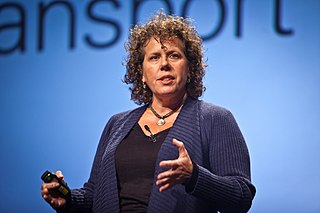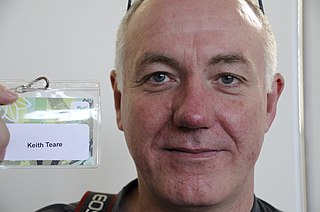A Quote by Mark Zuckerberg
Our strategy is very horizontal. We're trying to build a social layer for everything. Basically we're trying to make it so that every app everywhere can be social whether it's on the web, or mobile, or other devices.
Related Quotes
Our strategy is very horizontal. We're trying to build a social layer for everything. Basically, we're trying to make it so that every app everywhere can be social, whether it's on the web or mobile or other devices. So inherently, our whole approach has to be a breadth-first approach rather than a depth-first one.
Katalyst is a merger of three industries. A piece of us is connected to ad agencies. Because we get the complex overlay of the social Web, we know how to engage an audience and how to make entertainment for the social Web. And we know how to gain and activate and retain an audience. So we create social networks for brands.

































